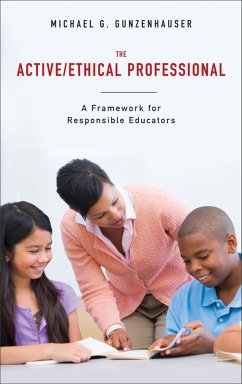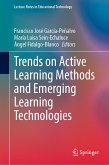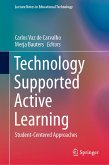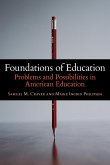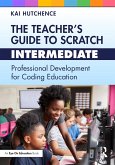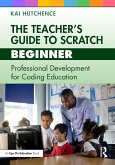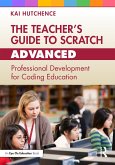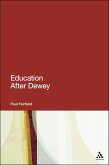A winner of the 2012 Critics Choice Book Award of the American Educational Studies Association (AESA).
The Active/Ethical Professional proposes an ethical framework for educators and school leaders who find their practice constrained by the demands of policies and structures created in response to accountability legislation. The framework is derived from Michel Foucault's theories of discipline, surveillance, resistance, and care of the self.
Gunzenhauser asserts that an educator's dual position of being normalized (especially in relations with those above them in the education hierarchy) and normalizing (especially in relations with their students) can be troubling and difficult. The book argues that this position requires educators to be both "ethical" and "active." To be ethical, educators not only need to resolve ethical dilemmas in defensible ways, but they also need to recognize themselves as powerful in relation to others. To be active, educators need to be vigilant for moments when they are placed in the position to be "reactive" to normalizing pressures, and they also need to develop clear notions of how they may create opportunities for the cultivation of educational selves - selves that are rich ethically, aesthetically, epistemologically, and politically.
The Active/Ethical Professional proposes an ethical framework for educators and school leaders who find their practice constrained by the demands of policies and structures created in response to accountability legislation. The framework is derived from Michel Foucault's theories of discipline, surveillance, resistance, and care of the self.
Gunzenhauser asserts that an educator's dual position of being normalized (especially in relations with those above them in the education hierarchy) and normalizing (especially in relations with their students) can be troubling and difficult. The book argues that this position requires educators to be both "ethical" and "active." To be ethical, educators not only need to resolve ethical dilemmas in defensible ways, but they also need to recognize themselves as powerful in relation to others. To be active, educators need to be vigilant for moments when they are placed in the position to be "reactive" to normalizing pressures, and they also need to develop clear notions of how they may create opportunities for the cultivation of educational selves - selves that are rich ethically, aesthetically, epistemologically, and politically.

